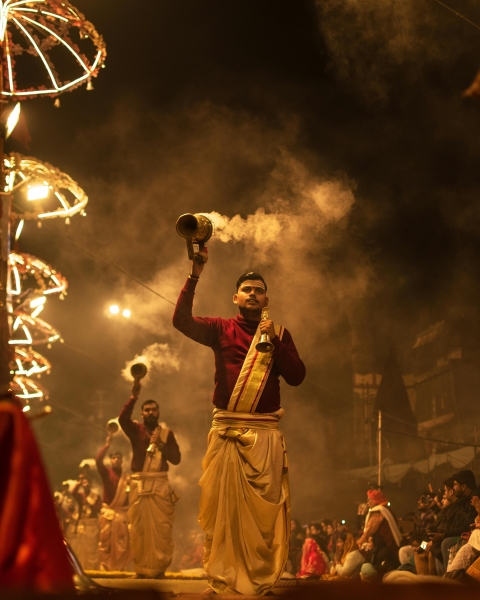Exploring Postcolonial Perspectives: A Book Review of Salman Rushdie's "Midnight's Children"

Salman Rushdie's literary adventure is marked via a commitment to unraveling the intricacies of postcolonial discourse. Through his works, he delves into the complexities of identity formation inside the wake of colonial legacies, inviting readers to grapple with the intersections of lifestyle, history, and power. "Midnight's Children" its a colourful tapestry of post-independence India and a profound meditation at the elusive nature of national identification.
As we embark on adventure through the pages of this work, we are invited to explore the myriad methods wherein Rushdie's narrative resonates with our very own stories of postcoloniality and belonging. Salman Rushdie's literary contributions make bigger beyond the area of storytelling; they are embedded within the theoretical frameworks of postcolonial discourse. Drawing from his own reports in post-independence India, Rushdie infuses his narratives with an eager attention to the complexities of cultural hybridity and the politics of representation. "Midnight's Children", hailed as a masterpiece of postcolonial literature, invites readers to engage with the nuances of colonial history and its enduring influences on nations. Through this book review, we enterprise to delve into the thematic richness of Rushdie's work, unraveling its meaning and significance within the context of contemporary-day literary discourse.
Background on Salman Rushdie and Postcolonial Literature
Salman Rushdie's life and literary contributions are deeply intertwined with postcolonial discourse. Born in Bombay in 1947, just as India emerged from British rule, Rushdie's upbringing in publish-independence India profoundly fashioned his worldview and creative vision. Through his works, Rushdie engages with issues of cultural hybridity, identification politics, and the enduring legacies of colonialism, earning him acclaim as a main discern in modern literature.
Postcolonial narrative gives an essential framework for interpreting Rushdie's oeuvre. This discourse severely examines colonial and neocolonial structures whilst amplifying the voices of marginalized groups. Rushdie's narratives, characterized via their mixture of magical realism and historical allegory, provide fertile ground for exploring the complexities of postcolonial identities and the search for self-determination in a global form through colonial legacies.
Overview of the Book: "Midnight's Children"
Published in 1981, "Midnight's Children" catapulted Rushdie to literary stardom and solidified his popularity as a master storyteller. The novel garnered giant acclaim from critics and readers alike; it rapidly became seminal in the realm of postcolonial literature.
Set towards the backdrop of India's tumultuous journey from colonial subjugation to independence, "Midnight's Children" unfolds as a epic that spans generations. At its heart lies the tale of Saleem Sinai, who navigates the complexities of his identification amidst of history. Through review, we delve into the thematic richness of Rushdie's work, exploring its relevance inside the context of modern-day literary discourse.
Book Review: Analysis and Critique
- Exploration of Postcolonial Identity: "Midnight's Children" offers a profound meditation on postcolonial identity and the complex narratives.
- Fragmented Narrative Technique: Rushdie's narrative method mirrors the fragmented nature of postcolonial subjectivities, challenging readers to confront the multiplicity of voices that form the postcolonial experience.
- Intersections of Personal and Collective History: Through Saleem's journey, Rushdie explores the intersections of personal and collective history, from the trauma of Partition to the disillusionment of put-up-independence country-constructing.
- Use of Magical Realism: Rushdie's use of magical realism serves as an amazing tool for interrogating the bounds among reality and delusion, inviting readers to rethink the fluidity of storytelling within the production of national identities.
- Literary Impact: While a few may additionally find the novel's dense prose and intricate shape tough, its impact as a groundbreaking work of postcolonial literature remains plain.
In the end, "Midnight's Children" stands as a enormous achievement in postcolonial literature, inviting readers to have interaction with its rich tapestry of history, identity, and imagination. Rushdie's masterful storytelling and his dedication to exploring the complexities of postcolonial subjectivities retain to resonate with audiences international. As we navigate the realms of postcolonial discourse, let us to heed Rushdie's call to embrace the multiplicity of voices that outline our collective transformation and to recognize literature as a effective catalyst for social transformation.
There are no published comments.
New comment